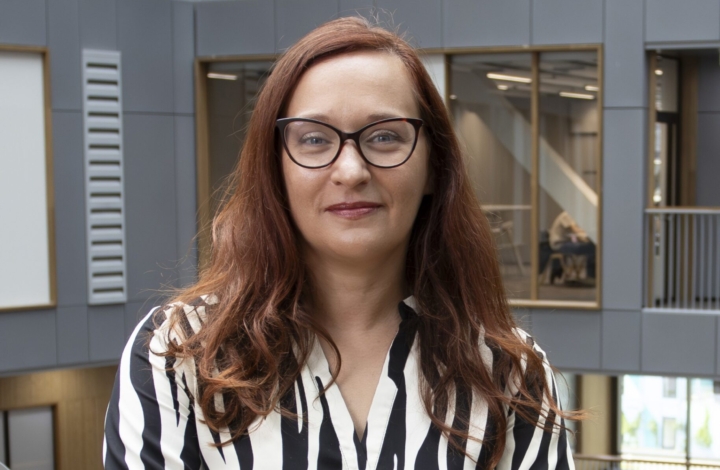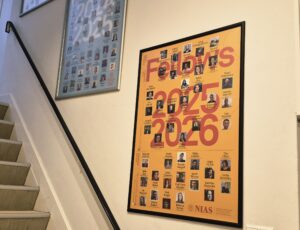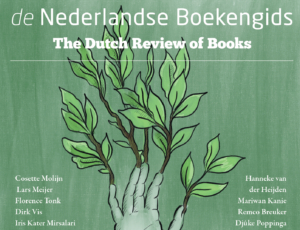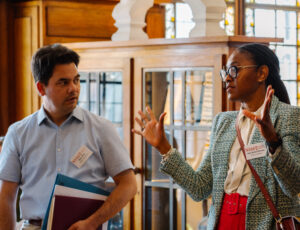
Reckoning with Colonial Legacies in Science
New Research Project by Catarina Dutilh Novaes
7 October 2025Many of today’s scientific institutions and methods took shape in the context of European colonial expansion. While postcolonial and decolonial thinkers have long highlighted these legacies, their insights have so far had limited influence on the everyday practices of science, or on disciplines that study science itself, such as philosophy of science and science and technology studies.
As Distinguished NIAS-Lorentz Fellow, Dutilh Novaes will develop a novel conceptual framework to address the imprint of colonialism on scientific practices. Drawing inspiration from feminist epistemology and philosophy of science, she will explore how scientific methods and knowledge practices might be reformed from within to counter colonial assumptions. By doing so, her work aims to open up space for more inclusive and alternative ways of producing knowledge.
The Distinguished NIAS-Lorentz Fellowship is awarded annually to a leading researcher working at the intersection of the humanities, social sciences, and natural sciences. It offers the opportunity to develop groundbreaking ideas in a uniquely interdisciplinary setting, bridging perspectives across academic fields.
With this project, NIAS welcomes a timely investigation into how the sciences might critically reflect on their own histories — and imagine new futures.



